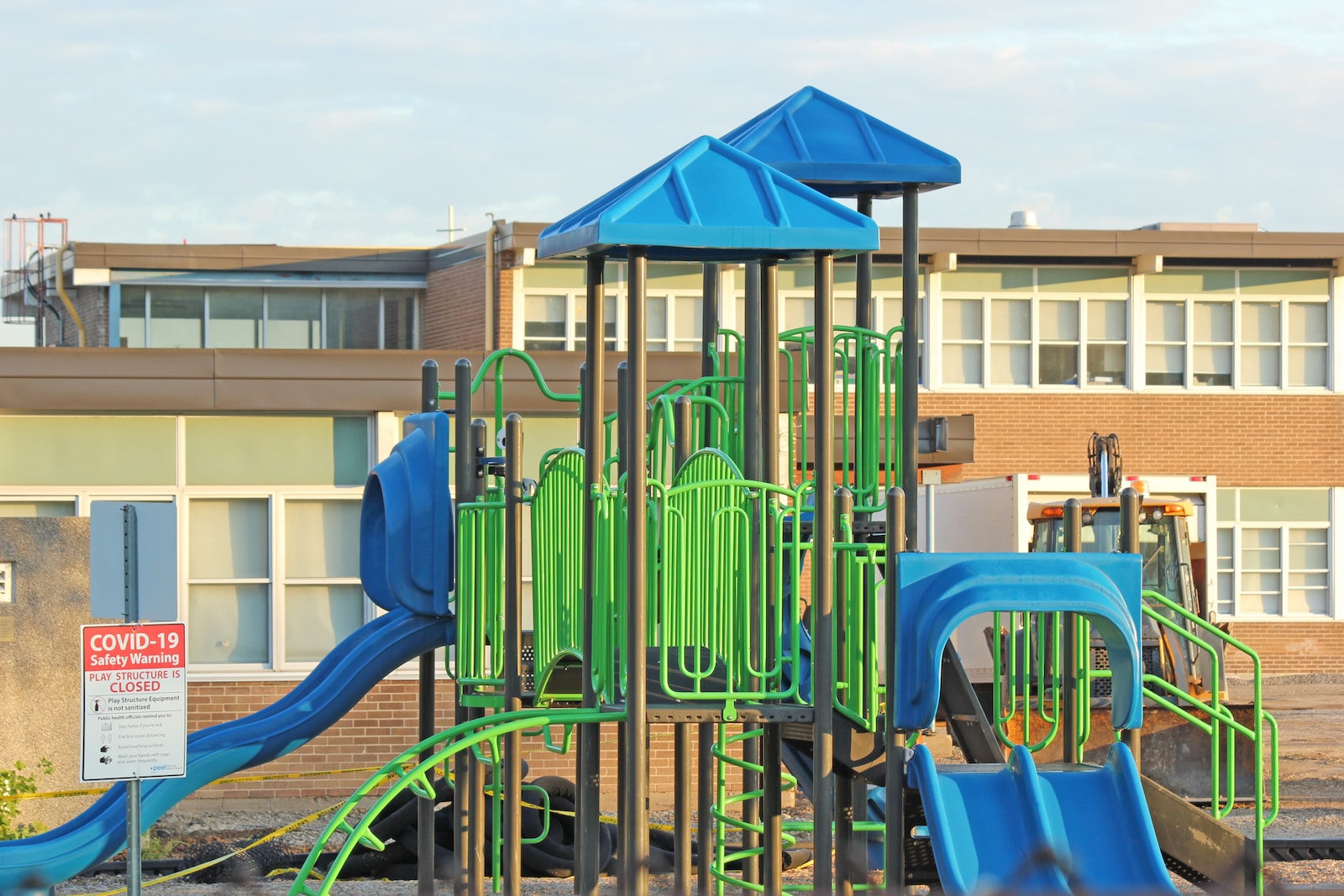Abstract
Social play is vital for healthy child development. Autistic and neurotypical children can often struggle to play together due to differing communication, play and interactional styles, resulting in reduced social interaction quality for both groups. Play technologies can facilitate and support social play among children. However, most play technologies to date attempt to encourage more neurotypical traits in autistic children in a bid to foster social play. This approach ignores the unique experiences of autistic children. We conducted a preliminary study combining an expanded proxy design and a technology probe observation with a group of 5-year-old children and their parents. We report on initial findings highlighting the importance of creating inclusive spaces for a cohesive and supportive play environment and reflect on using expanded proxy design when designing with young, neurodiverse groups of children.
Journal: IDC ’24: Proceedings of the 23rd Annual ACM Interaction Design and Children Conference
Year: 2024



